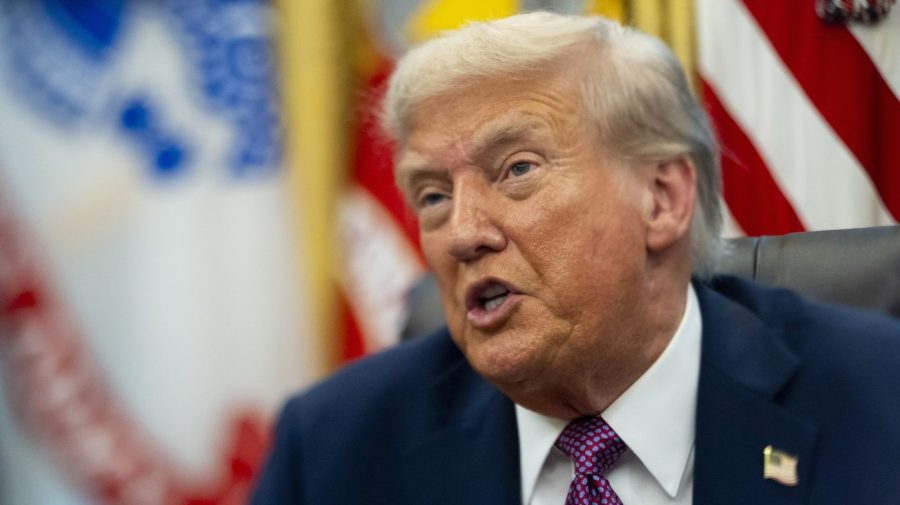The Trump administration is planning to ramp up oversight and enforcement of direct-to-consumer prescription drug advertising, but will stop short of an outright ban.
President Trump on Tuesday signed an executive memorandum instructing the Department of Health and Human Services to ensure transparency and accuracy in direct-to-consumer advertising, including by requiring greater disclosure of side effects.
The Food and Drug Administration sent out approximately 100 cease-and-desist enforcement letters, as well as thousands of warning letters to inform companies that the agency is prioritizing enforcement.
The announcement follows up on the administration’s Make America Healthy Again Commission report, which includes a call to focus on “egregious violations demonstrating harm” stemming from online influencers and telehealth companies.
Cracking down on prescription drug advertising has been a major priority for Kennedy.
As a presidential candidate, he promised to sign an executive order banning those ads on his first day in office. When he dropped out of the race and endorsed Trump, Kennedy pledged to work with him to end drug commercials.
But a complete ban on advertisements would likely open the White House to lawsuits, and administration officials indicated they did not want to overstep their authority.
During his first administration, Trump tried to force drug companies to disclose prices in their television ads, but it was ultimately struck down in court following industry lawsuits.
Sens. Bernie Sanders (I-Vt.) and Angus King (I-Maine) introduced a bill in June to ban direct-to-consumer ads, but it hasn’t gained traction.
The administration is planning to repeal the so-called “adequate provision” loophole, which allows companies to list an abbreviated summary of side effects in television ads, so long as they direct consumers to another source— like a website, a print ad, or a toll-free phone number— for the full list.
Administration officials said they anticipate that in some cases, listing more side effects would make the ads longer, a move that would likely drive up the costs for drug companies.
Officials said they weren’t directly trying to limit the number of ads, but they want consumers to be more informed.
“Our goal is not to see a certain numeric reduction in ads. Our goal is to ensure that patients have proper information about drugs that have potential harms, and it’s to rebuild public trust,” a senior administration official told reporters during a background call Tuesday.
The U.S. and New Zealand are the only countries where pharma companies can directly advertise to patients. Officials noted that most companies don’t spend big money on ads to promote generic drugs or biosimilars. Instead, they drive sales of expensive, brand-name products.
In a statement, the drug industry’s lobbying group Pharmaceutical Research and Manufacturers of America (PhRMA) touted the benefits of DTC advertising, saying it helps give patients needed information to make choices in consultation with their doctors.
“Truthful and non-misleading DTC advertising is protected under the First Amendment and has documented evidence of advancing patient awareness and engagement. PhRMA member companies are committed to responsible advertising, and we look forward to learning more details about the policy changes announced today,” spokesman Alex Schriver said.

